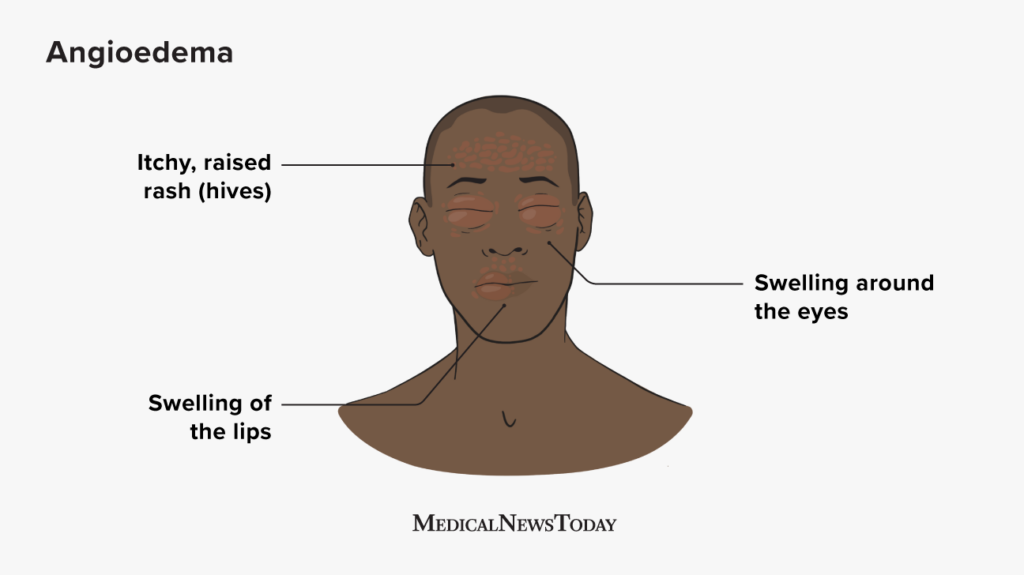Discover the surprising link between everyday medications and sudden swelling. If you're experiencing unexplained puffiness, it might be time to consider what's in your medicine cabinet.

Angioedema, a condition marked by rapid swelling beneath the skin's surface, can be triggered by medications you might never suspect. In this eye-opening article, we delve into the medications behind this potentially serious reaction, shedding light on how they affect your body and what you can do about it.
Unveiling the Culprits: Medications That May Cause Angioedema
ACE Inhibitors: These common blood pressure meds like enalapril and lisinopril top the list of angioedema instigators.
NSAIDs: From ibuprofen to naproxen, your go-to pain relievers might be hiding a surprising secret – they could trigger swelling.
ARBs: Another hypertension hero, ARBs, can occasionally lead to angioedema, especially if you have a history of drug reactions.
Beta-Blockers: Keep an eye out for this heart medication; while less common, it can still pack a punch in swelling risks.
Empower Yourself: Understanding and Preventing Angioedema
Arm yourself with knowledge! Learn how to identify the signs, mitigate risks, and explore alternative treatments. Whether you're a patient or a healthcare provider, navigating medication-induced angioedema just got easier.
Beyond Medications: Exploring Other Triggers
Uncover the myriad causes of angioedema, from allergic reactions to genetic conditions. Stay informed and stay safe with our comprehensive guide.
Take Action: Your Health Matters
Remember, swelling, especially in the throat, can be a medical emergency. Don't hesitate to seek immediate help if you suspect angioedema.



